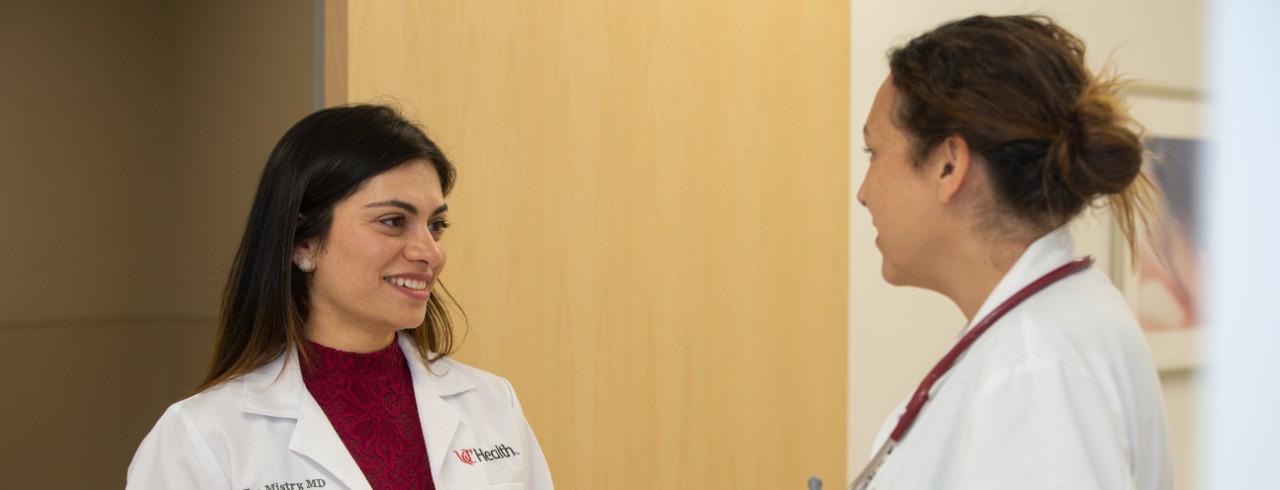
Fox 19: May is American Stroke Month
The University of Cincinnati's Eva Mistry, MBBS, joined Fox 19's morning show to discuss American Stroke Month.
Mistry said it is important to remember the FAST acronym for stroke (see box below).
"The most important thing to remember about strokes is that they happen suddenly," said Mistry, assistant professor in the Department of Neurology and Rehabilitation Medicine in UC’s College of Medicine and a UC Health physician at the UC Gardner Neuroscience Institute. "It hits you like lightning, and so if any of these [symptoms] happen suddenly, you have to call 911 because it’s a time critical event. And it may also happen in your sleep. So you may wake up with these symptoms, but the action plan remains the same. Call 911."
While there is progress being made in treating strokes, prevention and avoiding strokes altogether is the best treatment. Managing blood pressure and cholesterol and aiming to get about 7-9 hours of sleep per night are prevention tools everyone can take to lower their risk of stroke.
"It is a life long, cumulative risk, if you will. So how you take care of your heart health in general which is tied very closely to brain health matters over the time of years," Mistry said. "It’s an accumulation of what you have done over the years that really matters in terms of stroke prevention and heart health generally."
Featured photo at top of Mistry, left, and Stacie Demel, DO. Photo/Andrew Higley/UC Marketing + Brand.
Remember how to identify a stroke
Because of the quick onset of stroke, it is important to know the FAST mnemonic device that details the most common signs of stroke and how to respond:
- F: Facial drooping
- A: Arm or leg drop, or weakness in the arm or leg
- S: Speech issues, such as slurred speech or an inability to get your words out
- T: Time is of the essence; call 911 immediately
Related Stories
Bono, Chris Tucker Visit UC To Discuss Africa
December 5, 2002
U2's Bono and comedian-actor Chris Tucker led a delegation from the DATA organization who came to UC to talk about potentially catastrophic problems in Africa.
New Year's Help for Those Looking to Kick the Habit
December 20, 2002
Quitting smoking consistently ranks among the top three resolutions made by New Year's resolvers each year.
E-BRIEF: Let's Toast to a Healthier 2003
January 8, 2003
The New Year often means a new health kick: Vows to tone up and trim down, and maybe going to the doctor and getting ourselves as regularly "maintenanced" as we do our cars. So, this week's University of Cincinnati e-briefing examines the health concerns of the young and old, and what you should be doing to preserve your good health.
